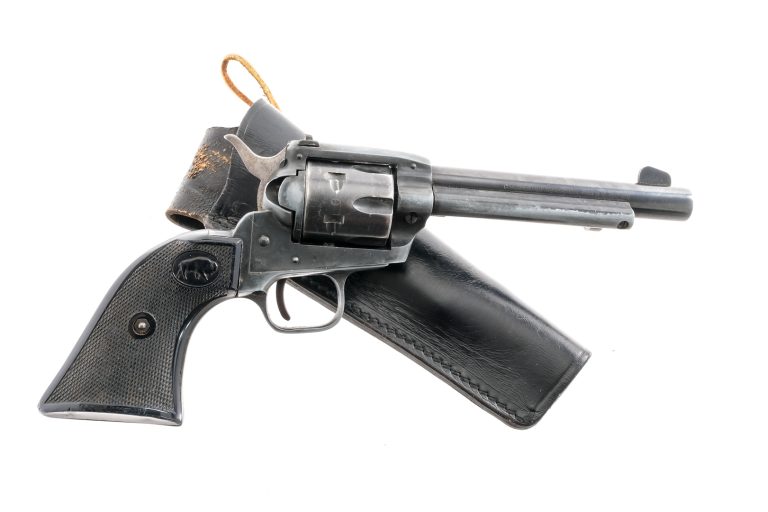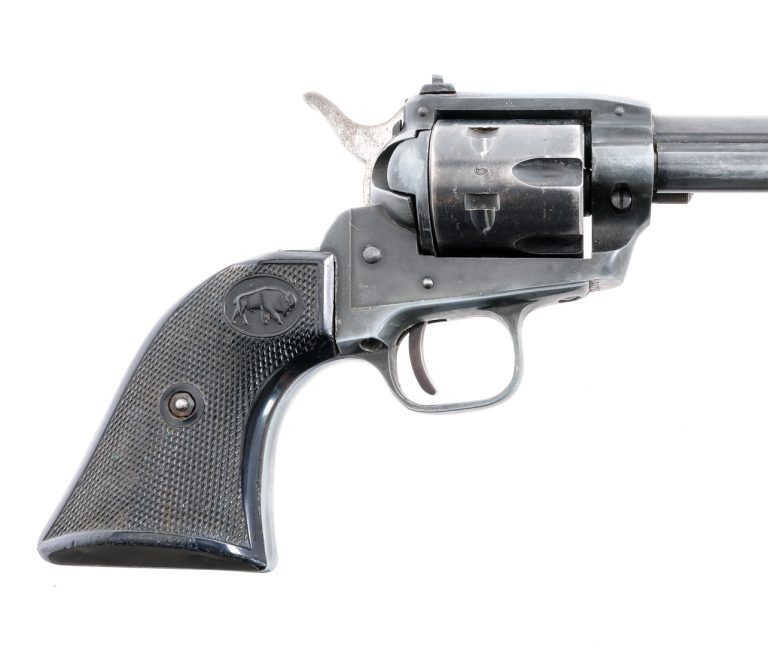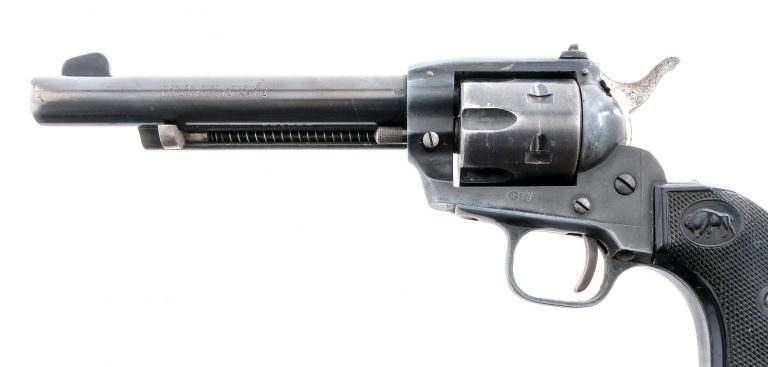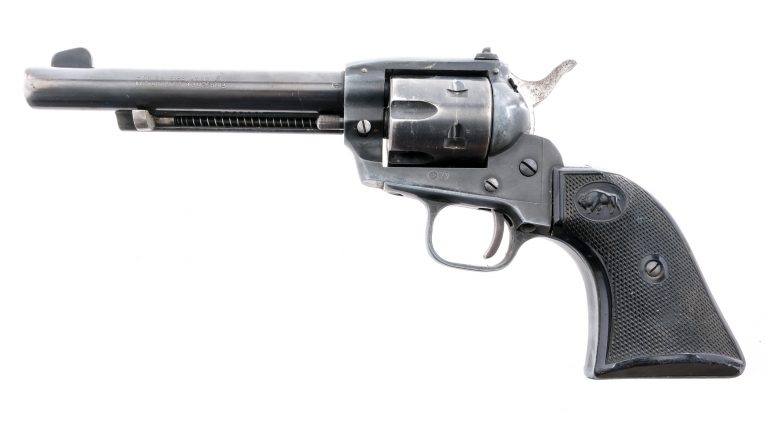Guide to Selling Firearms in Indiana
- Home
- Guide to Selling Firearms in Indiana
Selling guns in Indiana can seem like a daunting task. It’s also crucial to get it right.
You might be full of questions after inheriting a family member’s guns: How do I ensure a legal and safe transaction? What are the specific state and federal regulations I need to follow? Should I sell to a local dealer or through a private sale?
These are common concerns and questions to have during the sales process, especially if this is your first time selling a firearm in Indiana.
But understanding the ins and outs of this process is essential for making informed decisions and ensuring responsible gun ownership. We will try and make this process easy for you, but it’s always best to find legal advice for yourself if your situation isn’t as clear.
In this article, we’ll address these pain points and provide you with clear, actionable guidance to help you navigate the complexities of selling guns in Indiana, confidently and legally.
Overview of Gun Selling Options in Indiana
Local Dealers
Selling guns in Indiana through local dealers is one of the most straightforward and regulated options. Licensed dealers handle all the paperwork, ensuring compliance with state and federal laws. Think about it: why handle legal complexities on your own when a pro can do it for you?
According to the ATF, Indiana boasted 1,142 licensed firearms dealers in 2020. These dealers are obligated to conduct background checks on all potential buyers, shielding you from legal pitfalls.
Having peace of mind and assurance that every “t” is crossed is invaluable. Plus, licensed dealers maintain transaction records, safeguarding both parties. It’s a tried-and-true method that combines ease with legal certainty, although you might get a bit less for your firearm compared to a private sale.
Private Transactions
Private sales in Indiana offer a bit more freedom but come with their own set of subtleties. Indiana law allows for private transactions between state residents who aren’t barred from owning firearms.
It’s like selling a car but with higher stakes. Though Indiana doesn’t require background checks for private sales, performing one adds an extra layer of security.
Here’s the kicker: if your buyer isn’t eligible to own a firearm, you could face severe penalties. Verified background checks through licensed dealers or law enforcement can help mitigate this risk.
The Indiana Code 35-47-2-16 outlines these guidelines. Exploring private sales means you need to weigh financial gain against potential legal exposure. It’s a gamble, but with careful vetting, it can be a winning one.
Gun Shows
Gun shows can feel like the Wild West of firearm sales, but they have structure and rules too. These events are bustling marketplaces where you can buy and sell firearms face-to-face. It’s like a flea market but for gun enthusiasts.
Gun shows in Indiana create opportunities for both licensed dealers and private sellers to meet buyers. These venues have a unique vibe, where deals happen quickly.
But, don’t overlook due diligence. While the ATF and Indiana laws don’t require background checks for private sales at gun shows, many responsible sellers still conduct them. Selling at gun shows combines the convenience of meeting many potential buyers in one place with the thrill of negotiation, but always stay vigilant about the person’s legal eligibility to buy a firearm.
Legal Requirements for Selling Guns in Indiana
Understanding the legal world for selling guns in Indiana ensures your transaction is smooth and compliant. Let’s jump into what you need to know about state laws and regulations.
State Laws and Regulations
Indiana sets forth specific guidelines for firearm sales. If you’re selling a handgun, it must go through a licensed dealer or law enforcement agency, where a background check on the buyer is mandatory. This process, outlined in Indiana Code 35-47-2-16, might seem tedious, but it helps ensure that handguns don’t end up in the wrong hands.
For long guns, like rifles and shotguns, private sales are more flexible. Indiana doesn’t require a background check for these transactions. But, it’s recommended to verify the buyer’s eligibility to protect yourself legally. Remember, Indiana prohibits individuals, such as convicted felons, from owning firearms, as stated in Indiana Code 35-47-4-5, so selling to such an individual results in serious legal consequences.
You might wonder, “What if I don’t follow these rules?” Non-compliance can lead to penalties, and in some cases, felony charges, especially if a firearm is sold to an ineligible person or if it’s defaced or restricted (like automatic weapons). As a gun seller, it’s crucial to familiarize yourself with both state and federal regulations to stay on the right side of the law.
Federal Laws and Disqualifications
Beyond state regulations, federal laws also play a critical role in firearm sales. The Bureau of Alcohol, Tobacco, Firearms, and Explosives (ATF) enforces regulations that can disqualify individuals from purchasing firearms. For example, anyone convicted of a crime with a potential prison term exceeding one year can’t legally own a firearm. This stipulation is designed to enhance public safety by restricting access to firearms for those with serious criminal backgrounds.
Knowing these federal disqualifications is essential when selling guns in Indiana. Ensuring your buyer is eligible under both state and federal laws protects you from legal trouble and promotes responsible gun ownership.
Federal Compliance and Restrictions
Disqualification for Buyers
Under federal law, certain people can’t legally buy or possess firearms. Are you selling guns in Indiana? Make sure potential buyers don’t fall into disqualification categories. Convicted felons, individuals with domestic violence misdemeanors, and those under specific restraining orders can’t legally purchase firearms (18 U.S.C. § 922(g)). Unlawful users of controlled substances and those involuntarily committed to mental institutions are also prohibited. Ignoring these restrictions can lead to serious legal trouble, so always verify buyer eligibility.
Documentation and Record-Keeping
Accurate documentation can save you headaches later. For licensed dealers, maintaining detailed records of all firearm transactions is mandatory. These records must be accessible for ATF inspections. Why risk it? Even private sellers are encouraged to keep records. Documenting your sale, including make, model, and serial number, establishes a clear paper trail. It’s not just bureaucratic—it’s a safeguard for your peace of mind. While private sellers aren’t legally obligated, having this documentation can protect you legally and provide clarity if questions arise.
Tips for Safe and Profitable Gun Sales
Preparing Your Gun for Sale
Selling guns in Indiana means your firearm needs to be in pristine condition. Before listing, ensure it’s clean and functions correctly. Presentation counts; a well-maintained gun attracts serious buyers. For instance, provide a thorough description including the make, model, and caliber. Mention any accessories such as scopes or additional magazines. Keeping detailed records like receipts and warranty information boosts credibility and confidence in potential buyers.
Setting the Right Price
Determining the right price can make or break your sale. Research similar firearm sales to gauge market value. Websites like GunBroker or Armslist offer insights into current pricing trends. Overpricing can deter buyers, while underpricing means losing potential profit. Balance based on the firearm’s condition, age, and demand. Consulting with appraisers also ensures realistic pricing. Remember, an informed seller is a successful seller.
Meeting Potential Buyers
Meeting buyers safely is crucial. Choose a public, well-lit location or, better yet, meet at a Federal Firearms Licensed (FFL) dealer’s store. This adds a layer of security and ensures legal compliance in transferring ownership. Always verify the buyer’s eligibility to own a firearm by requesting identification and, when possible, a background check. Being cautious in these interactions safeguards both parties and maintains the integrity of firearm sales.
Incorporate these strategies and you’ll navigate the complexities of selling guns in Indiana with confidence and success.
Selling Your Estate Or Gun Collection in Indiana?
Selling an estate or gun collection in Indiana? Why not work with a licensed and trusted expert who’s done this before?
At CT Firearms Auctions, we pride ourselves on being a trusted and fully licensed firearms dealer. Our extensive knowledge of state and federal laws ensures that every transaction is conducted with the utmost safety. With years of experience in valuing and handling large and estate gun collections, we understand the importance of your investment.





